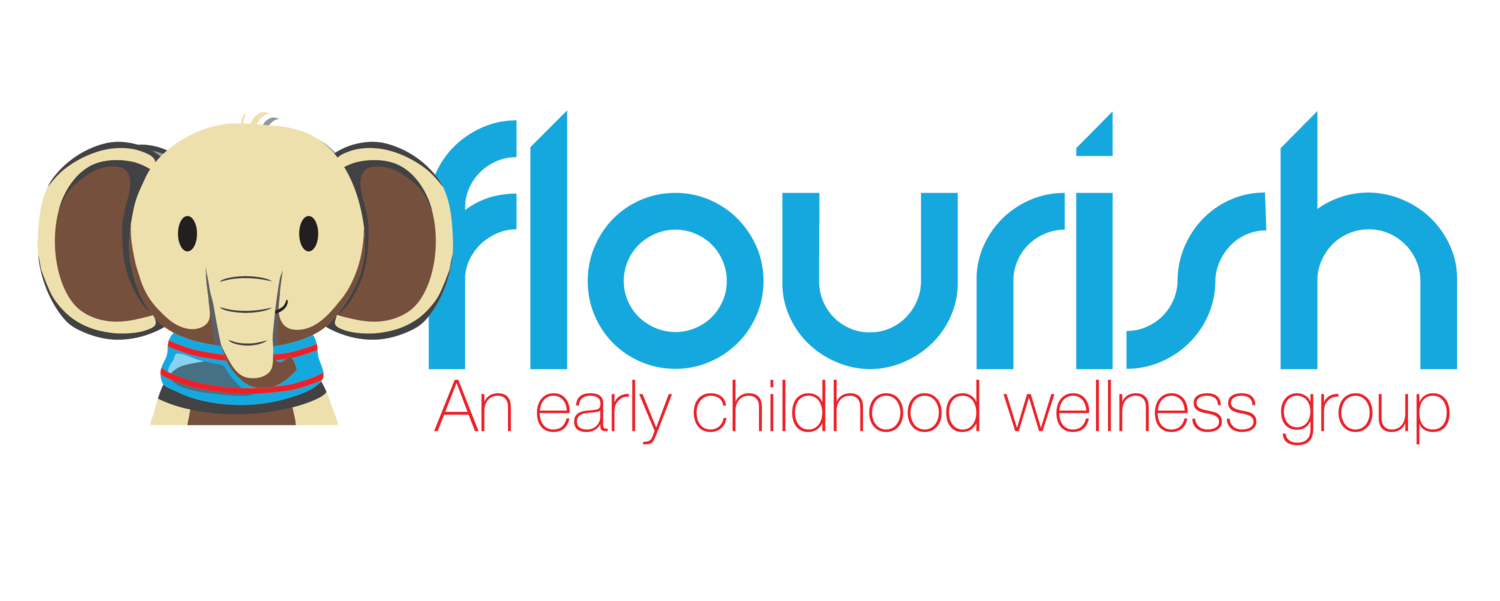the company
EXPERIENCE
We offer a unique approach to care and understand that it is hard for parents or teachers to allow someone in to help. We are committed to providing excellent client and family support by involving all key individuals in a child’s life; caregivers, siblings, teachers, etc.
Anger Management Quiz!
Your Results:
Leveraging Social Media Platforms
Create Informative Content: Use platforms like Instagram and Facebook to share infographics, tips, and resources on child mental health. For example, create a weekly post that addresses a common concern among parents, such as "5 Signs of Anxiety in Children."
Engage in Discussions: Join Facebook groups or LinkedIn communities focused on mental health. Contributing to discussions and offering expert advice can enhance your visibility and establish your authority in the field.
Share Case Studies and Testimonials: With permission, share success stories or testimonials from clients to demonstrate your impact. This can be done through video testimonials on Facebook or Instagram Stories, providing a personal touch.
Host Live Q&A Sessions: Utilize Instagram Live or Facebook Live to hold Q&A sessions on child mental health topics. This allows you to engage with your audience directly and answer their questions in real time.
Collaborate with Influencers: Partner with parenting influencers or other professionals in related fields. For instance, collaborate on a podcast discussing child mental health or co-host a series of educational videos.
Utilize YouTube for Educational Videos: Create a YouTube channel where you discuss various topics related to child mental health. You might create a series titled "Understanding Childhood Anxiety" that covers symptoms, coping strategies, and when to seek help.
By consistently showcasing your expertise and utilizing social media effectively, you can strengthen your brand and build credibility in the field of child mental health therapy.
